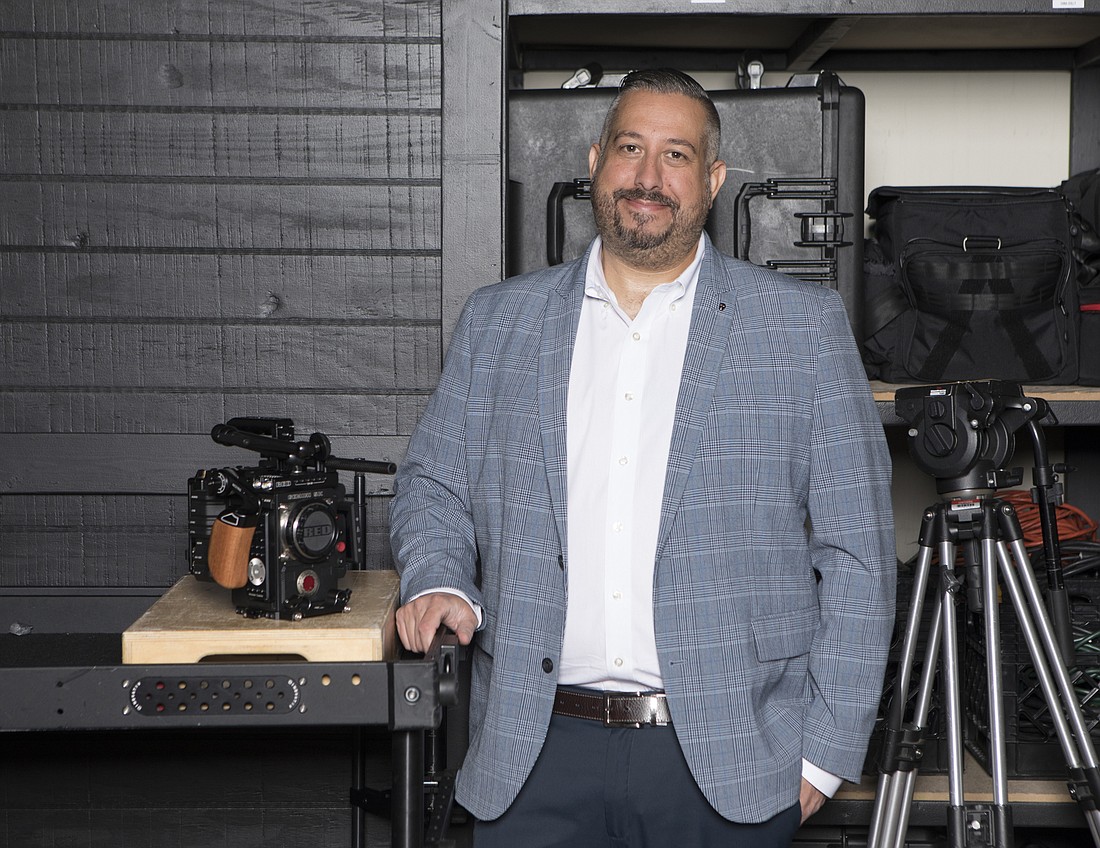- December 15, 2025
-
-
Loading

Loading

Just like it prompted millions of workers nationwide to take a long, hard look at their career choices, the pandemic also led many executives to reimagine their company's business models.